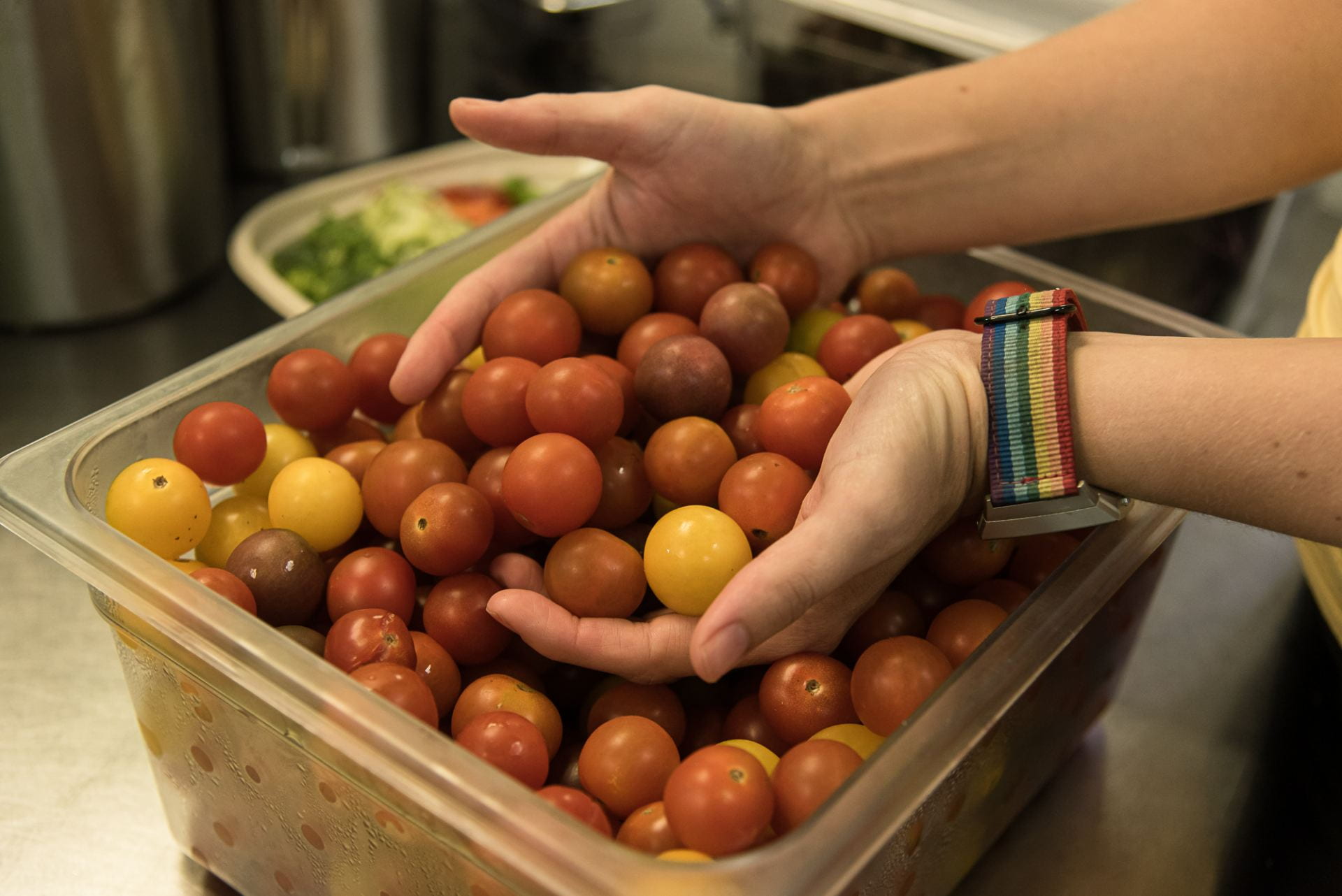It is likely you have recently heard about the spotted lanternfly, Lycorma delicatula. Whether it is a 4-H entomology project in Kansas or in the local paper, this invasive insect is bad news.

Spotted lanternfly (SLF) is a planthopper originally from Asia. It is a very effective hitchhiker and likely caught a ride on a shipment of stone from Asia to Berks County, Pennsylvania in 2014. SLF is an effective invasive and it has been spreading into other counties within PA and to other states. New York had its first spotting of adults and one breeding population in 2020. As of September 2021, there are 13 counties that have documented populations of SLF.
Why should you care? Penn State’s Extension notes, “SLF is a serious invasive pest with a healthy appetite for our plants and it can be a significant nuisance, affecting the quality of life and enjoyment of the outdoors. The spotted lanternfly uses its piercing-sucking mouthpart to feed on sap from over 70 different plant species. It has a strong preference for economically important plants including grapevines, maple trees, black walnut, birch, willow, and other trees. The feeding damage significantly stresses the plants which can lead to decreased health and potentially death. As SLF feeds, the insect excretes honeydew (a sugary substance) which can attract bees, wasps, and other insects. The honeydew also builds up and promotes the growth for sooty mold (fungi), which can cover the plant, forest understories, patio furniture, cars, and anything else found below SLF feeding.”
To read more from the Penn State Extension, visit here. Or watch a short video about SLF from Penn State Extension. Penn State continues to do SLF research and released an article evaluating the risks spotted lanternfly may pose to a variety of agriculture crops. Read more Citizen Science, Helping to SPOT Invasive Species

